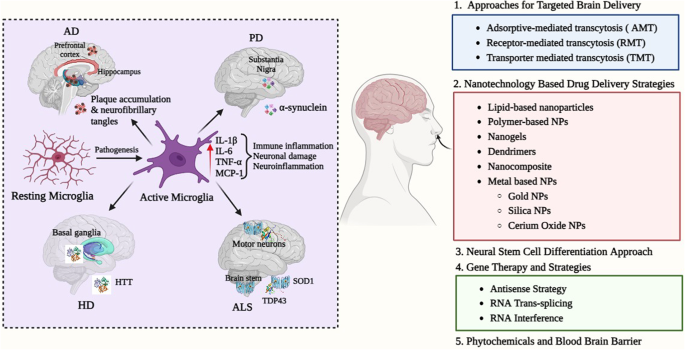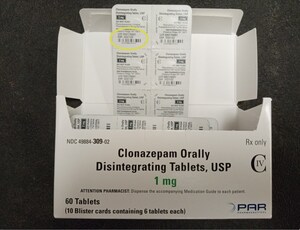Recent research highlights the potential of herb-based bioprocessing as a viable alternative to conventional antibiotics, particularly in the fight against drug-resistant infections. While biotherapeutics predominantly rely on cell lines, the exploration of herbal mixtures offers a multifaceted approach to treatment. A study by Dr. Yingli Song and her team from Harbin Medical University has demonstrated the efficacy of a traditional Chinese medicine formulation, Magnolia officinalis Rheum rhabarbarum Decoction (MORRD), against skin infections caused by Streptococcus pyogenes.
The significance of this research lies in the increasing prevalence of antibiotic resistance, which poses a serious threat to public health. S. pyogenes is notorious for causing a range of infections, from mild to life-threatening, complicating treatment options. The ability of MORRD to target multiple bacterial pathways reduces the likelihood of resistance development, positioning it as a promising candidate in the arsenal against resistant pathogens.
Laboratory results indicate that MORRD not only inhibits bacterial growth but also modulates the immune response, offering a dual mechanism of action. As the pharmaceutical industry grapples with the challenges of antibiotic resistance, the integration of advanced bioprocessing techniques with traditional herbal remedies may pave the way for innovative therapeutic strategies, bridging the gap between ancient practices and modern pharmacology.
Start your 7-day trial and see what the database can do →



